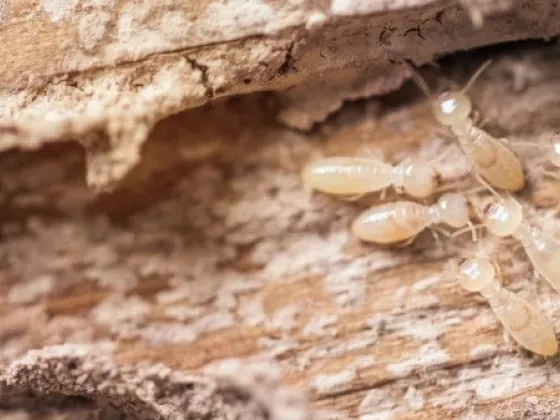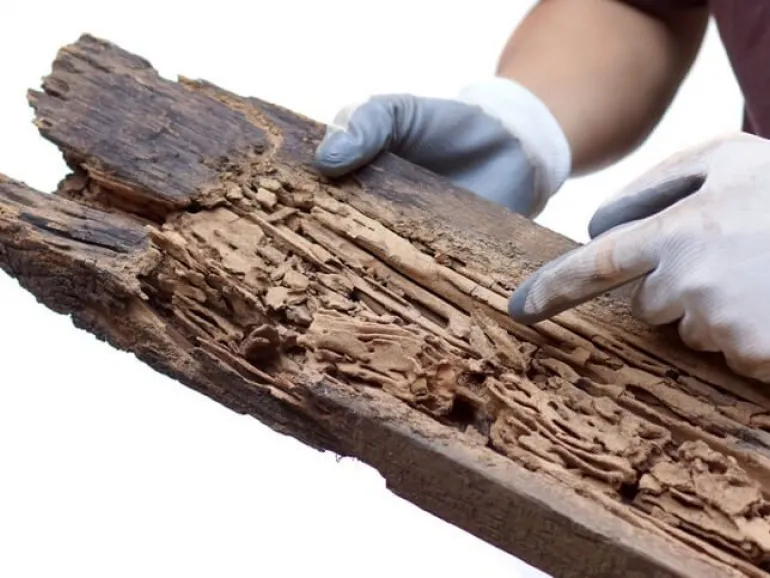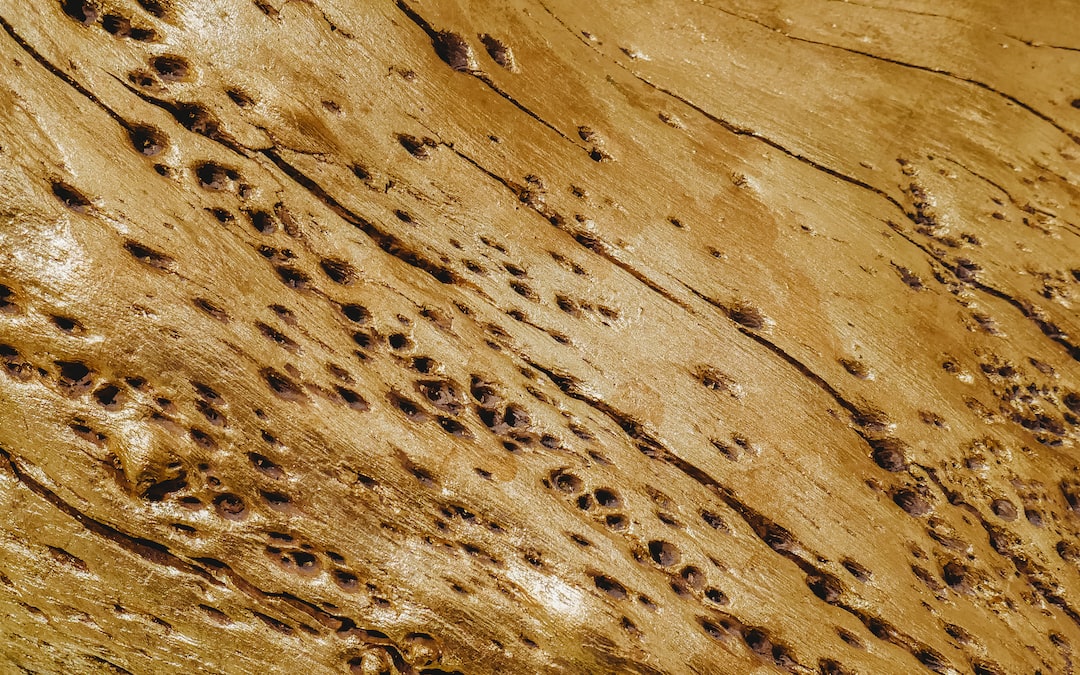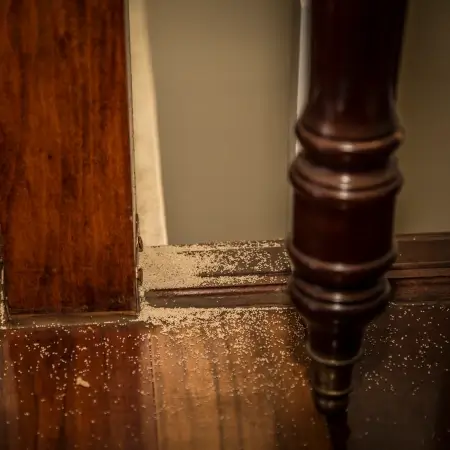Termite Treatment
Are you worried about termites in your home? If so, then you're not alone! Termite infestations are unfortunately common and can cause expensive damage if they aren't addressed. When it comes to termites, there is no one-size-fits-all. To determine the ideal treatment for your specific situation, you'll need to evaluate the available options and make an informed decision. Whether you've already noticed signs of a termite infestation or are looking to prevent one from occurring in the future knowing how to protect your home and property from invasive termites is essential.
If you think you have a termite problem, the first step is to call a professional.
They have the experience to best identify termites and their source, as well as provide you with information about termite treatments and options for termite control. Exterminators can also advise you on preventative measures to take to keep termites away, as well as how to maintain termite-free conditions in the future.
There are different types of termites, so it's important to get an accurate diagnosis.
For example, termites that feed on wood (drywood termites) require different treatments than those that live underground and attack plants (subterranean termites).
There are three varieties of termites typically found:
- Subterranean. These termites live in underground colonies and feed on wood, paper, and other cellulose materials.
- Drywood. These termites live in wood and paper, usually inside your home. They don't need contact with the ground or moisture to survive.
- Dampwood. These termites typically live in wood that has been exposed to a lot of moisture.
Once the termite species have been identified, it's time to choose a termite control treatment.
Treatment for termites can vary depending on the severity of the infestation
If you notice sagging floors, windows, or doors that no longer close properly, or unexplained piles of sawdust near the baseboards in your home, these are all signs that you may have a termite infestation. Another sign is mud tubes which are small dirt tunnels made by termites to connect their nests with food sources. These tubes can often be found near the foundation of a house or around windows and door frames. You may also observe termite swarmers, which are winged reproductive termites that appear in the early spring months. If you notice any of these signs, it's important to contact a professional exterminator as soon as possible to help safely eradicate the problem. They will assess the situation and make a recommendation for termite treatment.
There are a few common methods used to treat termites.
Soil Treatment: Since subterranean termites live in the soil, termite treatments are used on the surrounding soil to act as a treatment barrier. First, a trench is dug around the foundation, and the soil is treated with a termiticide. The trench is then refilled. This type of treatment helps prevent future termite infestations and kills any termites in the house as they return to the soil to nest.
Wood Treatment: Pest control professionals can use a variety of different wood treatments to help kill any existing termite colonies and prevent future ones from spouting up. Wood treatments include surface sprays, injected sprays and foams, and Borate treated wood. Pest control professionals use borate wood treatments to prevent termite infestations and eliminate any existing termites in homes. Wood treatments include surface applications during the construction phase of home building and wood injections and foams after a home is built.
Bait Systems: Bait termite treatment systems are an effective way of destroying termite colonies. A pest control professional will install bait stations around the perimeter of the home and monitor the stations on a set frequency ensuring a home is protected from future and any current infestations. This termite infestation treatment effectively eliminates termites.
It's important to consult with a professional before deciding on a treatment method A pest control company with termite treatment experience can help homeowners make the best decision for termite control. They will be able to recommend the most effective and safe termite treatments for your particular situation. Ultimately, termite treatments that are tailored to your home's needs will provide you with the best results.
How much does it cost to treat termites?
The cost of termite treatments varies based on the severity of the infestation. Professional termite treatments can range anywhere from a few hundred to several thousand dollars, depending on the size and complexity of the infestation. No matter which termite treatment option you choose, it's important to work with a professional so that your termite infestation is treated quickly and effectively. Termites are persistent pests, and the longer termites remain untreated, the more damage they can cause to your home. Professional termite treatments not only protect you from costly repairs but also provide peace of mind knowing that any termites in or near your home have been eradicated. To ensure you make the right choice for protecting your home, it's essential to be well-informed about termites and all of the strategies available to treat them. If you think you have a termite problem, the best course of action is to contact a professional exterminator who can assess the situation and recommend the best treatment option.






